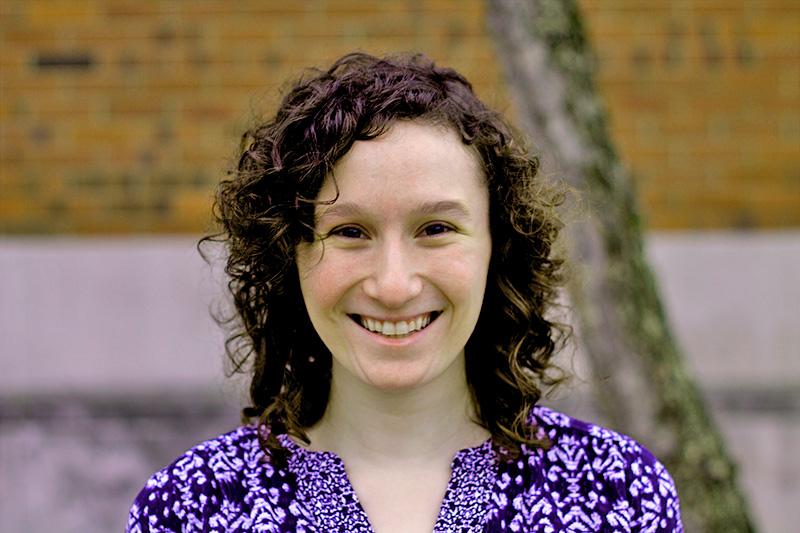Rachel Magin '14
MAJOR: Psychology, Theater
CURRENT POSITION: Graduate student (Psy.D. clinical psychology), Indiana State University
In 2016, Rachel Magin ’14 was helping autistic children through a social skills group that relies on theater. It’s a unique approach that’s caught the attention of parents, professionals and media like NPR.
And it’s an approach she started at Union, where she was a double major in theater and psychology.
“The idea for the social skills group was sparked while I was babysitting an 11-year-old boy with autism, anxiety and ADHD,” said Magin, now a Psy.D. student in clinical psychology at Indiana State University. “I decided to play some random theater games with him and noticed that he caught on really quickly and was better able to communicate while doing them.”
“So I decided to use theater and improvisation techniques to improve the social skills and reduce the anxiety of children with high functioning autism,” Magin said. “Suzie Benack (psychology professor) thought it was a great idea and my thesis began. I truly believe that I would not be at ISU earning a doctorate if not for Union College and this thesis.”
The social skills group, part of her dissertation, lasts for seven weeks and each group usually consists of four to seven kids.
“We use improvisation and role-playing techniques to help the children learn different skills,” Magin said. “These include introducing oneself, working together, understanding emotions, self-control, assertiveness, managing stress and understanding others’ perspectives.”
“Children with autism have difficulty reading nonverbal cues, communicating, and expressing emotions,” Magin said. “Improv requires them to do all of these things. In addition, it is always safe.”
Improv is also a social activity. “This is something that children with autism also have difficulty with,” Magin said. “This gives them exposure to a social situation and the opportunity to interact with other children who have similar difficulties.”

